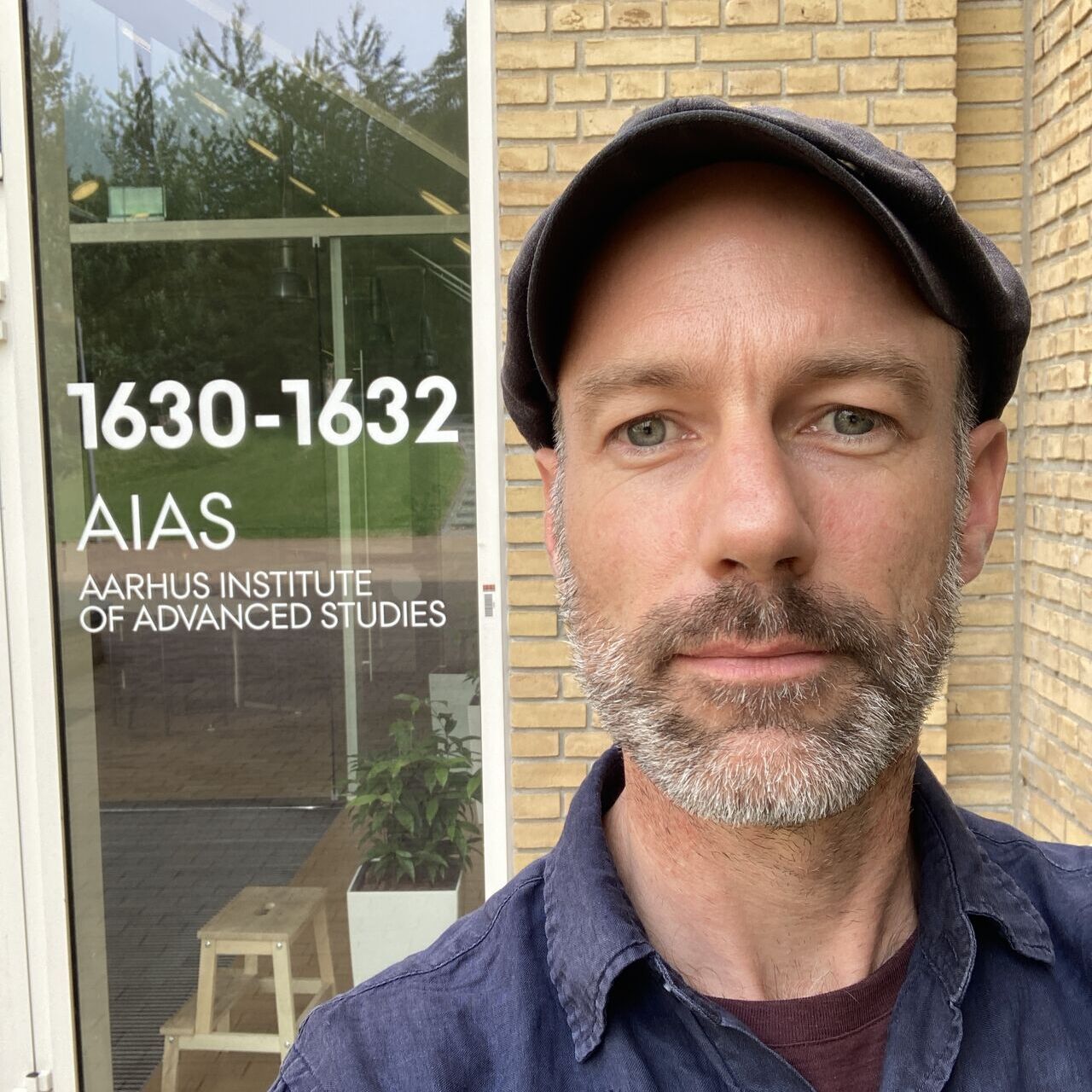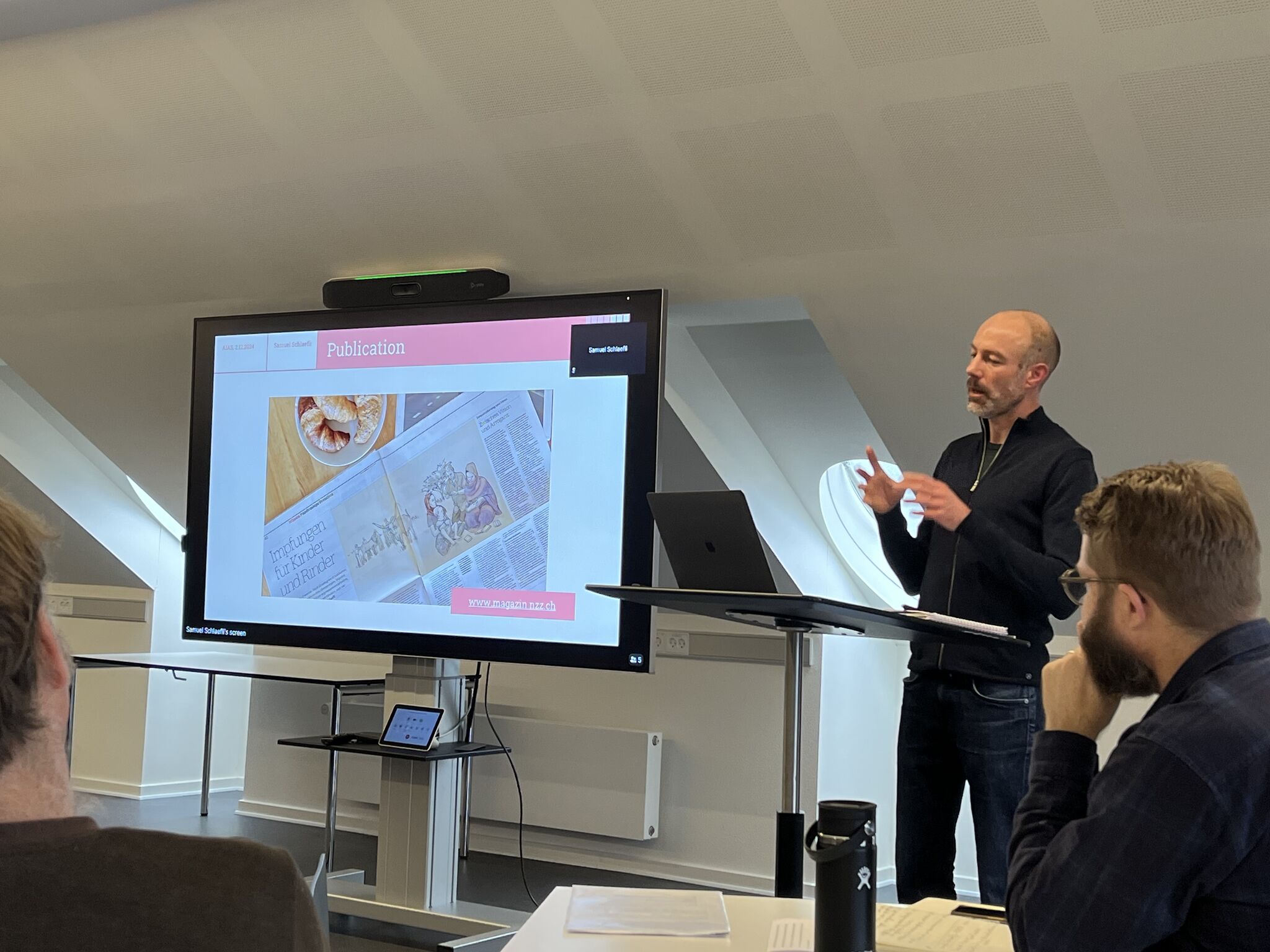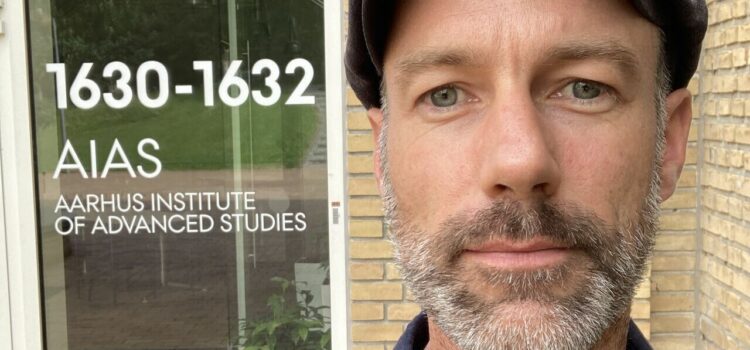
Round 1
Samuel Schlaefli
Nationality
Swiss
Career-level
Established
Host institution
Aarhus Institute of Advanced Studies
Denmark
Residency project
Stories of transformation – increasing food security and ecological health through agroecology
Agroecology is a science, a set of practices and a social movement. It is defined by the Food and Agriculture Organization of the United Nations (FAO) as “an integrated approach that simultaneously applies ecological and social concepts and principles to the design and management of food and agricultural systems”. As early as 2008, 60 governments, more than 400 scientists from all regions of the world and the FAO called for the expansion of organic farming and agroecological methods to promote small scale farmers worldwide.
I have been reporting about agroecology projects and initiatives in Europe and the Global South in the past two years and became ever more interested in the potential of this concept for the transition to a more sustainable food system.
Read More
I am searching for new ways to inspire broad segments of the population to engage more deeply with journalism that can make a difference in people’s everyday lives. Science, like journalism, is a central pillar of a functioning democracy, but requires constant critical reflection through professionals. During the fellowship, I will expand my toolbox as a science journalist in order to be even better equipped for complex, in-depth and society- changing reporting.
Not only do I hope that my project will make a valuable contribution, based on the latest scientific knowledge, on how to transform the food system into something more sustainable. But I also hope to get some inspiration on how we can make science journalism even more effective and valuable for society. Last, but not least, I am very much looking forward to becoming part of the FRONTIERS community and to interacting with and learning from colleagues all over Europe.
Residency outputs
“A Landscape of Greed”: The Collapse of Denmark’s Fjords
Green European Journal (translated from WOZ)
27 March 2025
